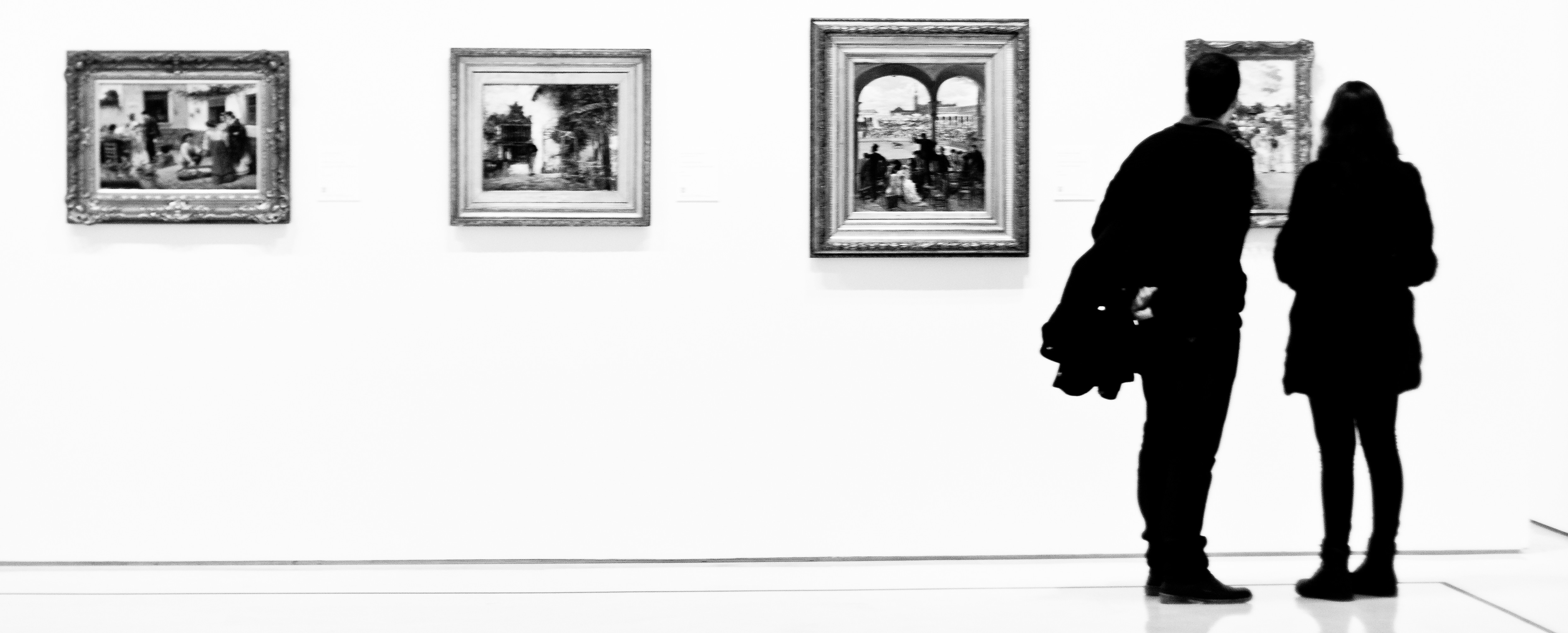Can the arts help mental health?
If the arts are the product of people and all we have to offer, then mental health must be intrinsically involved in its production and reception. And though art may make us feel like we’re less alone, could it also make us feel worse?
Art is the reflection of any creator, whether it’s a writer’s play, a musician’s song or an artist’s canvas. Though all art is as unique as the fingerprints of those who make it, art can usually be united by what it evokes in others. Does this play tell us about love or hatred, does this song make us want to dance or despair, was this canvas painted in a fit of rage or a burst of happiness?
The emotion that all art provokes has great power – it tells us that we are not alone
With these characteristics come a mirror image of the mental state of the creator. The emotion that all art provokes has great power – it tells us that we are not alone. Things like heartbreak or mourning can be so unexpectedly overwhelming that it’s easy to think you’re the only person in the world who has felt this way. It is called the phenomenological experience of human nature, a psychological term that focuses on the subjectivity of an individual’s experience that can never truly be the same as anyone else’s. And yet, art can make us realise that other people have similar feelings, so that we might be alone…together. Art creates an audience that is a community as strong as any other. Then you start to realise that, though you feel like you’re drowning, there are people around you who can teach you to swim.
But does it always work? Does art always help, or can it make us feel worse? Personally, I would find seeing a play about severe OCD difficult, if anyone on stage was doing anything in threes instead of fours. I don’t like to dwell on the one thing that tries to bring me anxiety every day, and so representation in the arts about that thing may not always help.
Consider the psychological concept of ‘rumination’, a theory of depression: the process of over-analysing the causes, consequences or symptoms of one’s own sadness. You begin to obsess over your own sadness until you just start feeling sad about being sad. The arts can magnify this effect for both the creators and their audience. Ruminating over your pain can happen in unhealthy doses and can leave you feeling more trapped than ever.
One of the most wonderful things about human experience is that nothing can stop you from picking up a pen, or a paintbrush
Consider the effects of 13 Reasons Why, the Netflix TV series. Though it united many teenagers who identified with the snowballing effects of depression, it is believed to have caused the suicides of two teenagers in California. Instead of this art form helping sufferers to swim, these two girls found community in the character of Hannah Baker and found somebody to drown with. Some argued that this was because 13 Reasons Why was an inaccurate representation of depression, not that the presentation of depression itself was the issue. Sadly, short of censoring art, this isn’t something we can control. Art about mental health is very rarely as objective and accurate as a psychological paper, but is this justification to outlaw one person’s subjective experience of mental health? Would we be able to sacrifice centuries of being bought to tears by beautiful art in the name of objectivity?
I would argue not. Though many years of training are required to write a psychological paper in all its rigorously scientific objectivity, I think one of the most wonderful things about human experience is that nothing can stop you from picking up a pen, or a paintbrush, or a guitar and creating something that relieves the pressure what from is inside your head. And I am grateful for so many things that have helped me learn to swim.

Comments (1)